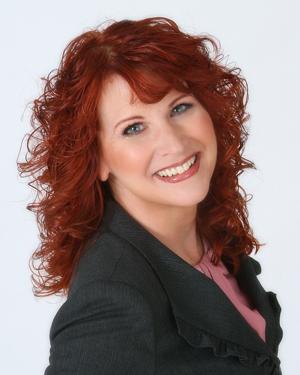They call the end of life the “golden years” but getting old can be brutal. Many elderly Americans are often faced with financial, legal, and medical challenges they are not prepared to handle.
Until you or someone you’re close to reaches a point that they require extra help, it’s not something most of us think about. But it’s a theme that Pamela D. Wilson, a Colorado-based care navigator for the past 16 years specializing in elder care, is very familiar with. When a person’s health, memory, physical, or organizational abilities deteriorate, Wilson’s team provides a variety of skilled support to help meet their needs.
“There are a lot of different situations that come up as people get older, but there’s no school that teaches you how to deal with these things,” Wilson said. “Unless you have an experience younger in life that makes this clear, you just think that when you’re old you'll be healthy, and life is going to be wonderful. But it’s usually not like that.”
Wilson’s book, “The Caregiving Trap: Solutions for Life’s Unexpected Changes,“ examines some of the common challenges that come with old age, and offers strategies for individuals and families struggling to meet them.
Epoch Times talked to Wilson about the harsh realities that face the elderly, and why we should treat them with more compassion.







